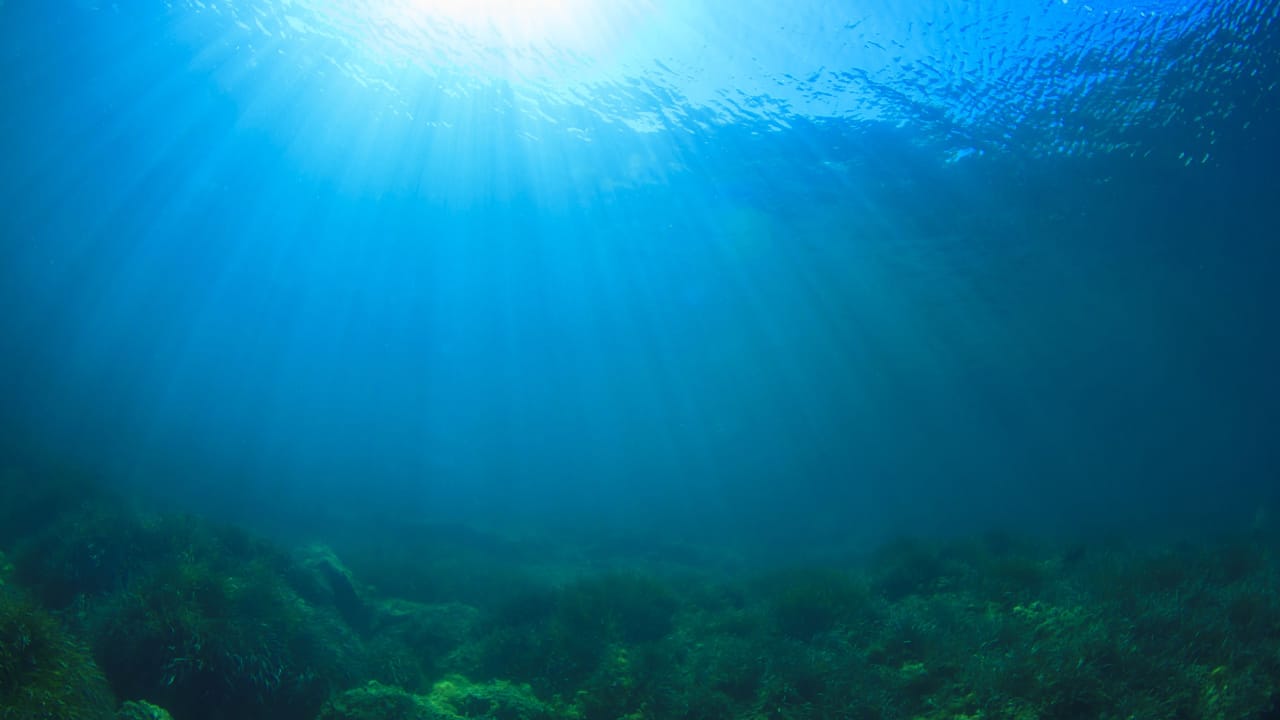Representatives from 168 countries have been meeting since Monday in Jamaica to decide whether the seabed can be explored for minerals. The subject, controversial for decades, has gained in urgency with the need to abandon fossil fuels.
Proponents of underwater mining say it is crucial to ensure access to elements critical to electrification, such as nickel, copper and cobalt used in batteries.
Ecologists claim that the negative impacts on ecosystems are literally incalculable: more than 75% of the seabed has not even been mapped.
Countries are also divided. Russia and China are leading the liberation movement. France and Germany are the representatives of the resistance.
The talks are taking place under the aegis of the International Seabed Authority (ISA), an obscure UN body that governs anything below 200 meters in international waters.
Over the next three weeks, negotiators will have to decide whether and how the seabed, defined as “the common heritage of humanity”, can be exploited commercially.
A resolution will have to be found this month on a technical point. Nauru, a small island in the Pacific, filed a complaint with the ISA in 2021, which in practice requires the agency to issue a statement within a maximum of two years regarding seabed mining.
The deadline is about to expire, but an agreement has not yet been reached on the rules for this new type of activity. The fear is that if the entity approves Nauru’s application without consensus on minimum governance guidelines, the doors to indiscriminate exploitation will be opened.
an underwater vacuum cleaner
Mining at the bottom of the ocean is different from mining on land. Submersibles equipped with a kind of vacuum suck up the metal pellets that have formed over millions of years.
These rocks undergo a first process of separation on the surface, and what is worthless is sent back to the sea.
Scientists and environmental activists point to several potential risks. One of them is linked to the climate itself: approximately 40% of the CO2 emitted by humanity is deposited in deep waters.
Seabed agitation could cause carbon dioxide to be released into the atmosphere, as a study recently published by Fauna & Flora International warned.
And other particles suspended in the sea can be dispersed over large areas, posing a potential problem for distant ecosystems.
A “less worse” alternative
Proponents of deep-sea mining say digging on land is an even worse alternative.
Indonesia dominates the world’s nickel production and has one-fifth of the metal’s known reserves. At the same time, the country is home to one of the largest rainforests in the world.
If all the metal on Indonesian soil were mined, the socio-environmental pressure would be enormous, as one mode of mining generates toxic waste in a country prone to earthquakes and torrential rains.
The Metals Company, a Canadian company seeking to usher in the era of underwater mining in Nauru, says offshore exploration makes more sense.
“We need a quarter or less of ore to get the same amount of metal. In the face of growing demand, it is important to complete the offer with the least possible impact on the planet and people,” reads a press release published on the company’s website.
Real time
A diverse group of countries, including Chile, the Netherlands and small Pacific islands such as Vanuatu and Palau, are calling on the ISA to postpone any decision until there is consensus on a set of rules and a means of ensuring their application.
The entity is accused by some of being “pro-mining”. Britain’s Michael Lodge, the organisation’s secretary-general, has in the past called the calls for caution “anti-science, anti-knowledge and anti-international law”.
A German government official said the country could resort to international courts if the decision is to speed up the release of the activity.
Diplomats will need to strike a delicate balance between conservation and the need to keep pace with the energy transition.
The International Energy Agency released its first report on minerals essential for electrification this week.
Between 2017 and 2022, the global demand for lithium has tripled, that of cobalt has increased by 70% and that of nickel by 40%. According to the agency’s projections, growth will continue to accelerate, so that net zero will be reached by mid-century.
One of the big challenges of global decarbonization, according to the study, is diversifying supply — as long as it comes from “clean and responsible sources.”

“Typical zombieaholic. General twitter fanatic. Food fanatic. Gamer. Unapologetic analyst.”







